BUKAVU- DRC, millions of dollars invested, but Congolese women struggle to access to clean water
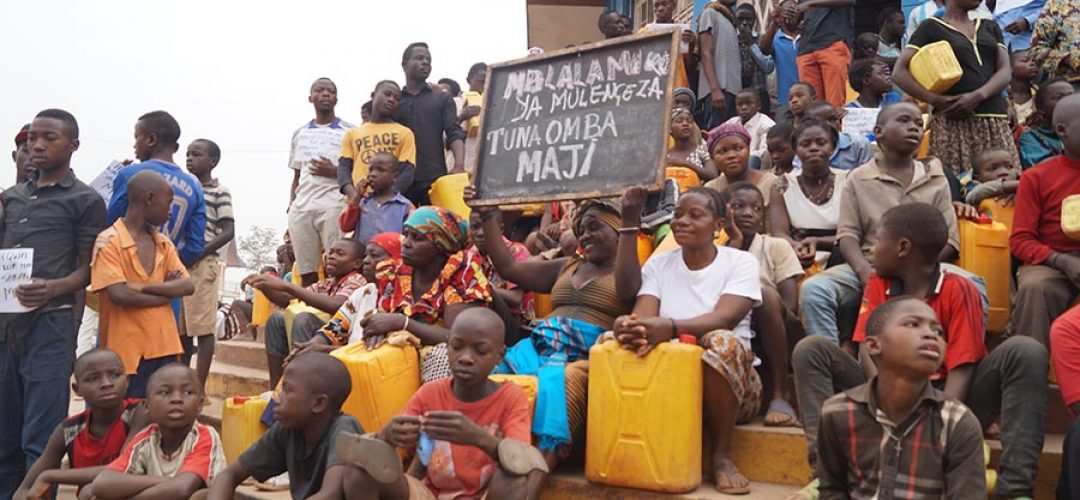

Every morning, Furaha Mapendo, 39, must journey to find water. She wakes early, often before first light, while her six children are still resting in the beds. It’s a long walk, more than five kilometers, over muddy hills that wind around her neighbors’ homes. One she’s there, she fills her yellow jugs before heaving them onto her back to make the long journey home. When she arrives, she uses that water too cook the rice and beans that keep her children’s bellies full. Although the journey leaves her weak, she makes it daily. She must – last month, two of the children nearly died when they were struck by diarrhea from bad water. She wants to keep her children safe.
Mapendo, like many Congolese women, doesn’t have easy access to clean drinking water. Except Mapendo doesn’t live in a village. She lives in Panzi, a neighborhood of Bukavu, a bustling city of three million on the south shores of lake Kivu.
Much has been written about the struggle for every day Congolese people, like Mapendo, and their struggle to find potable water. But those stories often focus on the difficult journey, the long walks or the danger of arriving at the well. In fact, the largest challenge is often the digging of the well itself. Citizens want desperately to bring water closer to their homes. This is especially true in urban centers, like Bukavu, where access to clear water is becoming an issue for the residents that call the city home. The government alleges it has spent millions on infrastructure projects to provide the residents with clean drinking water. Yet in poor neighborhoods like Panzi, where Mapendo lives, it’s often up to the community to find their own solution. Bukavu’s population has quadrupled with displaced people over the last 20 years — a two-decades-long conflict has uprooted more than two million people and killed three million more. The population has grown from 650,000 to 3 million since 1993, according to the provincial responsible of the National Office for Water (REGIDESO). “Since the colonial period -1940- the Bukavu’s water pipes has never been renewed to connect hundreds of thousands of new residents”, explains Damien Mudekereza, the technical director of REGIDESO. That’s one of many reasons why, women like Mapendo walk for miles to fill their jerry cans with unclean water so they can cook, clean and drink, since they’ve had no other affordable options.
But Mapendo, never one to give up easily, had an idea.
Digging wells, to bring water closer
Instead of walking hours to carry back just one 40-pound jerry can full of only five gallons of water — and repeating that backbreaking trek multiple times a day — Mapendo and other resident are digging wells. They want to bring the water closer to them, and no longer believe they can rely on the government to help. The water contained in these deep wells draws their source from the depths of the earth. “We tie a long rope to one end of the jerry can – cut in half- to draw water,” explained Mapendo. “This canister is then introduced into the well. Once full, the jerry can is pulled upwards gradually with the aid of the rope until it appears on the surface”
While in practice this approach reduces the distance and time that women like Mapendo must walk to fetch water, it carries with it the risk of bringing untreated water, and potential disease, into the home. Mapendo and her neighbors need water – clean water, that they could bath with and cook with. And they wanted it directly in their homes. They decided to take action and hold the government accountable. On Thursday 1st September 2016, Mapendo and hundreds of her neighbors who lived in Panzi/Mulengeza took to the streets. They marched to the center of Bukavu, where the mayor’s office is located, and demanded unlimited potable water for all.
“The national office for water came to check the water pipes in 2006, and then never returned,” said Aime Maroy, one of the organizers of the march. “They discovered that the pipes were rusted out and water could no longer flow. They promised to repair them, but in was a promise made in vain. We are still struggling to find clean water.” The mayor promised that he would address the issue, but to date, nothing has been done.
What’s wrong with REGIDESO?
On March the 22nd 2017, while the world –and Bukavu- was celebrating international water day, Mudekereza, the technical director of REGIDESO, admitted that the agency was unable to provide enough safe drinking water for the city’s urban residents. “There is a population boom” he claimed. “The water pipes are outdated and during the dry season, the river that supplies water to the REGIDESO, is deviated by the villagers to cultivate their fields. And we cannot forbid them to do that.” He did not address the fact that Bukavu sits on one of the largest lakes in the region, and that the rivers were not the only place for the government to source its water.Since 2014, the international community has provided the Congolese government with USD $50 million to invest in clean water for urban areas. REGIDESO was supposed to use that money in Goma and Bukavu to fix the pipes, in accordance with the national development strategy.
Anonymous sources confirmed a chain of corruption involving the highest officials at REGIDESO has prevented the work from occurring. Instead the government has promoted privatization as the solution. But critics argue that providing water to the people is the work of the government, and that privatization would only cause costs for poor residents to soar. To address the corruption, the Steering Committee on the Reform of Public Enterprises has developed a roster of the main problems that plague REGIDESO. These include the lack of clarity on the legal regime governing the assets forming the fixed assets of REGIDESO and acquired after 31 December 1973. An article written in the newsletter Le Maximum, ( https://lemaximum.cd/regideso-sa-loption-de-la-privatisation-demeure-a-lordre-du-jour/ ) criticizes the absence of title to almost of the fixed assets shown in the records of REGIDESO’s balance sheet at the date of its transformation into a trading company on 31 December 2009. The existence of a large volume of cross-claims between REGIDESO and the State, on the one hand, and REGIDESO and other commercial companies with only the state as sole shareholder.
Charles MBIKAYI TSHIBANGU, (http://www.memoireonline.com/10/10/4015/m_Les-entreprises-publiques-congolaises-face–la-crise-economique-cas-de-la-REGIDESO-de-2006–20015.html ), in his memoire, says the existence of a significant volume of commercial, financial and social debt due by REGIDESO to third parties from whom it is unable to assume responsibility (uninsurable liability). The existence of a large volume of debt contracted by the Congolese State and returned to REGIDESO and the lack of clarity on the fate reserved for them.The absence of an agreement for the management of the public water service between the State and REGIDESO, or the obsolete nature of REGIDESO’s specifications in relation to its current legal status.
NGOs, the last hope?
REGIDESO currently needs USD $130 million a year for its investment so that its activities are proportional to the population growth of the DRC. Over the next 10 years, that budget is closer to USD 1.3 billion. Instead, it appears that fixing the problem will be up to NGOsMercy Corps has already invested around USD $5 millions. The money will be spent with the help of both the public and private sector, plus civil society. While some of that money is earmarked for projected in Bukavu, Mapendo and her neighbors aren’t optimistic that it will fix the problem.
Money for clean water
Instead, many residents of Bukavu are turning to bottled water. But at a cost of $ 1.01 per liter, it remains the sole prerogative of high-ranking government officials and expatriates on mission to Bukavu. An average Congolese family lives less than $1 a day. They need state enterprise which sell water at $ 0.01 per 40 liters, to provide them with water. In the meantime, Mapendo struggles on, making her daily journey to find water. “It’s a shame,” she laments. “Water should just be for the rich. It should be for everybody.”
Written by Douce Namwezi N’Ibamba
This article was produced with the support of Pressstart www.pressstart.org
Cliquez ici Pour Partager.

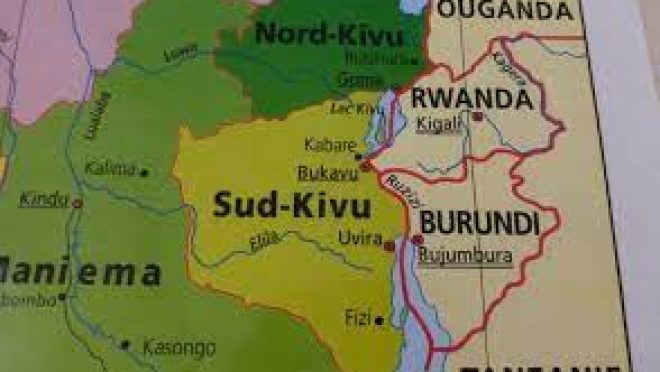
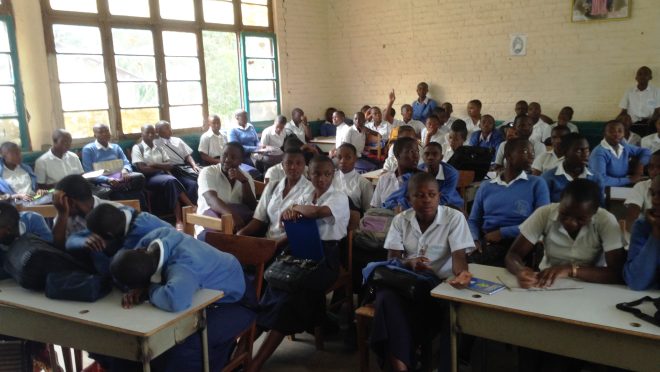
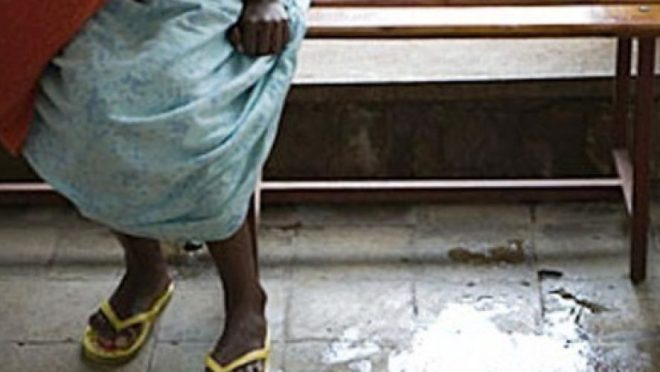
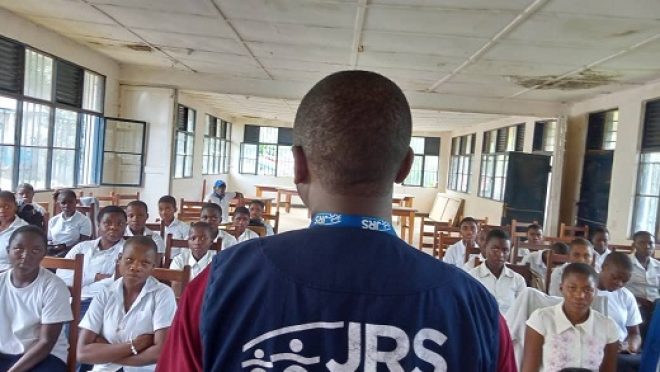
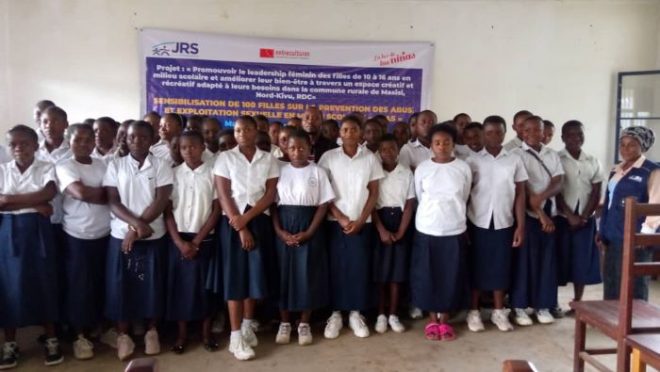
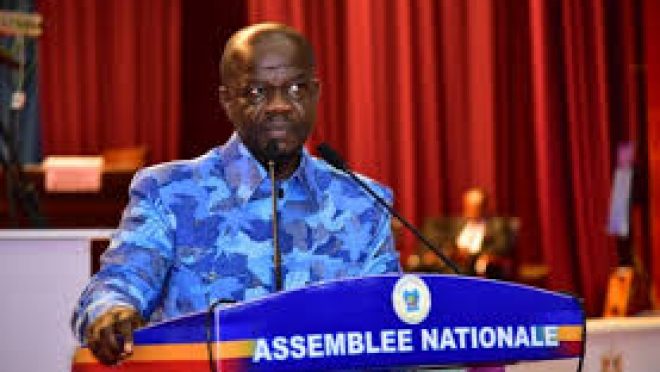
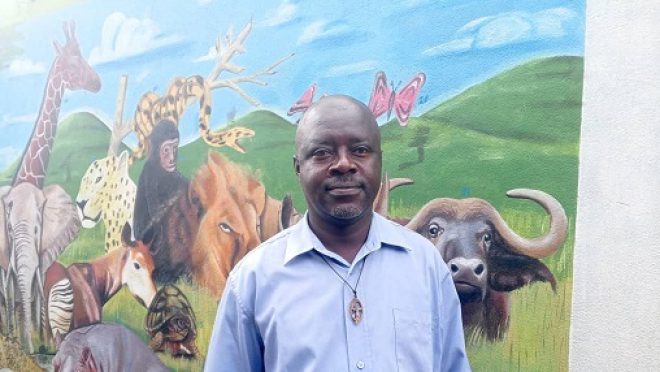
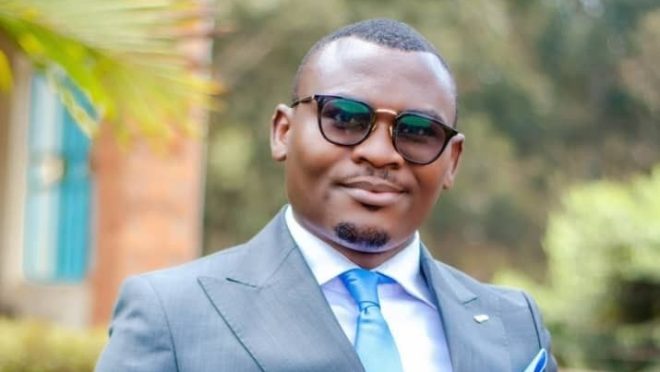
No Comments
No comments yet. You should be kind and add one!